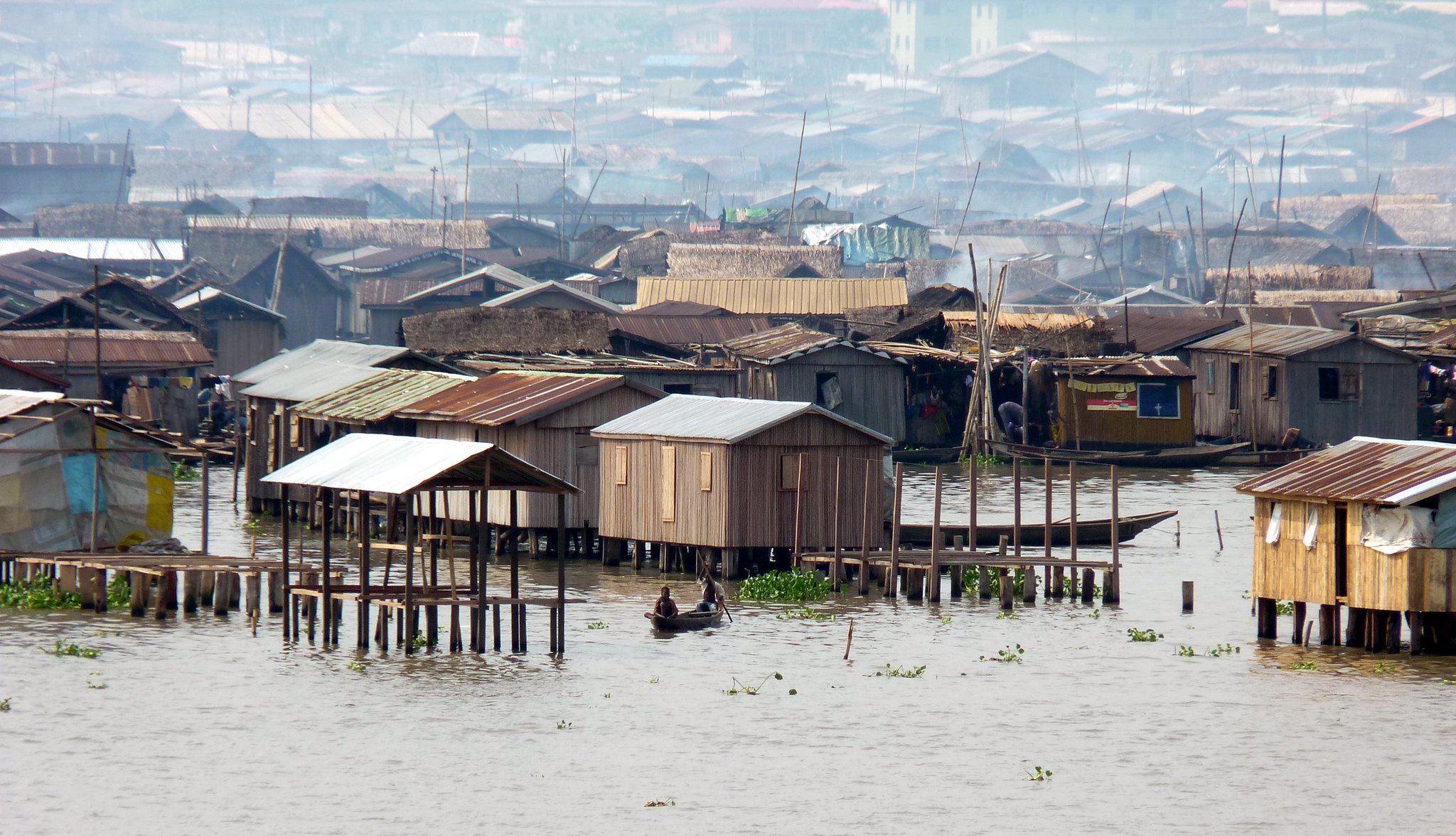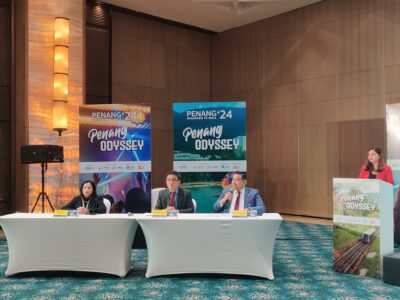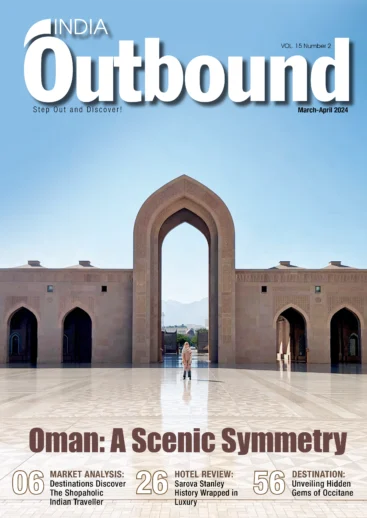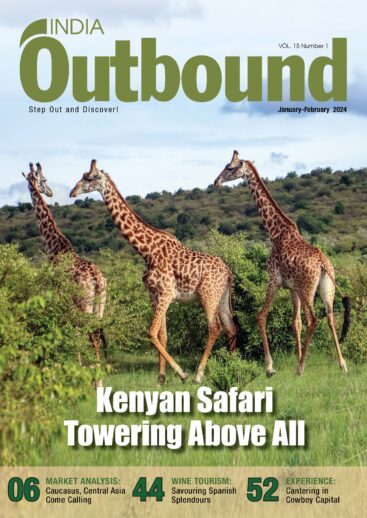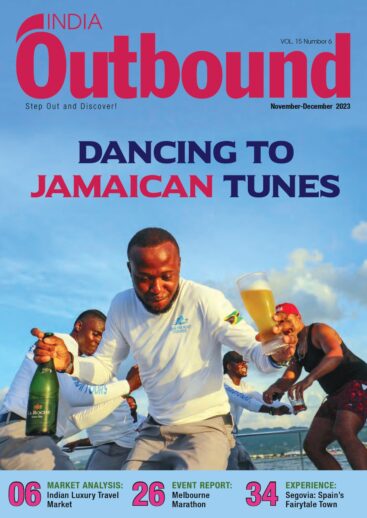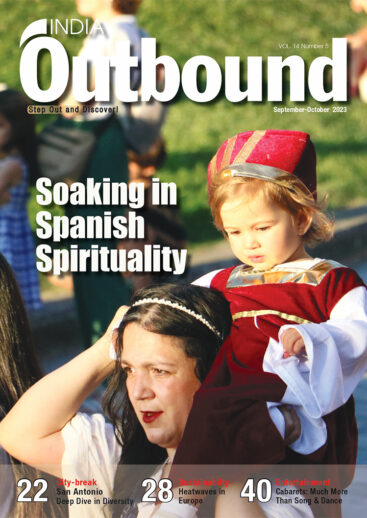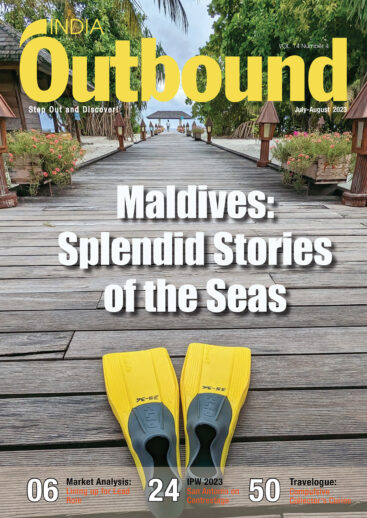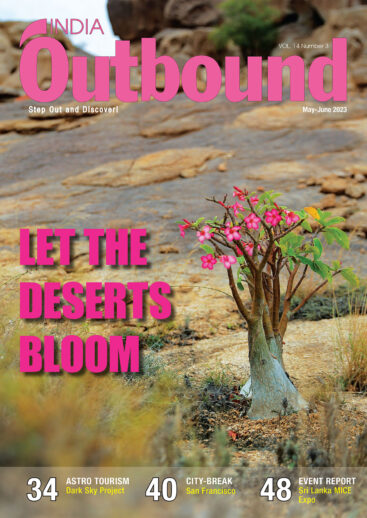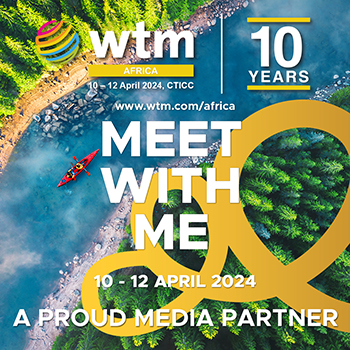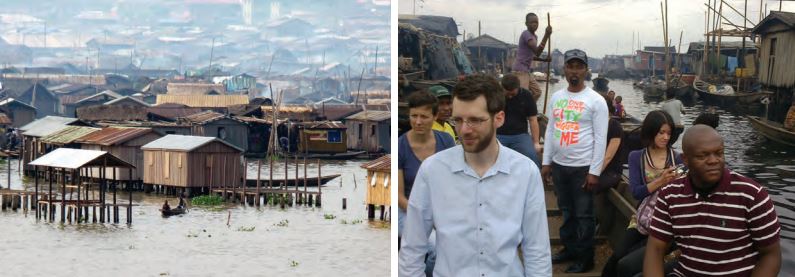
Makoko, the world’s biggest floating slum has begun to attract a few expats and tourists
Volunteer tourism, yet a nascent concept in India, is set to grow significantly in a post-pandemic world as desire to help fellow humans and do a good deed has certainly been reinforced strongly during the Covid-19 outbreak. A floating slum in Nigeria, already visited by volunteers from the West, could see a trickle of interest from India as well.
One of the key trends in the past five months has been appearance of hundreds of stories of ordinary people stepping out of the safety of their homes and helping out their fellow humans in despair. Not only the charitable organisations, but even individuals or enthusiastic group of individuals joined hands in providing whatever help or assistance they could to those less fortunate than themselves.
Though clearly the scale of participation of people in volunteer activities has been unprecedented, a significant number of the millennials have for long been more sensitive and caring about the world and have been also travelling within India and overseas for a specific cause, close to their heart. Be it to protect the wildlife, help a particular community, teach a school or indeed any other kind of social activism.
Visiting and working with slum dwellers is one such activity under voluntourism. Exploring a slum or working with the people there is not everybody’s preferred activity while on an overseas trip. But those who do undertake these activities say they hope to make a difference through their actions as well as get to understand the people living in those slums and learn about their culture and traditions.
“Voluntourism is coming to India but in outbound, it has been popular for a while. I had a personal experience of voluntourism at Batu Caves in Malaysia where they were renovating the 272 steps that take you to the temple in the cave. While renovation was on, tourists were requested to carry bricks to the top. Some gladly took them, while others refused. I happily joined in and took a brick up to help in the good cause. Back home in India, the enthusiasm with which people are helping those in distress will definitely boost the concept of voluntourism further,” Riddhi Roy of Dolphin Travels, a Kolkata-based travel company tells India Outbound.

(Left) Children rowing boats is a common sight in Makoko; (Right) Mainland Bridge
Mokoko: Ripe for voluntourism from India
On the coast of the largest Nigerian city, Lagos, lies a swampy slum, Makoko, built along the blackish waters of the Lagos lagoon. A floating slum, with water all around, Makoko is sometimes referred to as ‘Venice of Africa’, though in an ironic manner as there is nothing similar between this cluster of extreme poverty and the beautiful and romantic Italian city.
Chaotically arranged wooden shacks that are home to millions of people lost in the hurly-burly of the daily city life, men and children rowing their own boats, little children playing in verandas of their tiny huts, women selling fish is how Makoko looks like on a typical day.
Makoko lies beneath the second longest bridge in Africa, the Third Mainland Bridge, that connects Lagos Mainland to Lagos Island. In the evenings, when the sun is about to set and the traffic on the bridge is in its full form, Makoko falls into a soothing orange light. Tourists, in their canoes, watch the dreamy, twinkling car lights on the bridge transposing themselves into a peaceful state.
Makoko is home to people that reside in six different villages, both on land and water. The villages of Oko Agbon, Adogbo, Migbewhe, Yanshiwh lie on water and are known as ‘floating communities’, while Sogunro and Apollo are on land.
One third of Makoko’s residents, mainly people belonging to the Ogu tribe (Egun) who had migrated from Badagary and Republic of Benin, live along the waterfront. Fishing has been their primary occupation since the late 19th century.
Nigeria, already one of the world’s most undersold travel destinations, does not receive a large number of tourists even in its best parts, let alone Mokoko. There are no accidental tourists here. Those who come here are the ones determined to do their bit for others. “Even as an Indian, the sight of Makoko is a hard one, something to stay with you for a long while and almost egging you do take the plunge and do something about it. The plight of the poor people here is certain to puncture privilege bubbles that we all live in,’’ Makrand Gopal, 34, a business executive from Mumbai tells India Outbound.
A short taxi ride away from the Murtala Muhammed International Airport in Lagos, Makoko is well connected to the other parts of the Nigerian megalopolis, Lagos. Here a few things to do and visit when in Makoko.
Canoe Ride
A staple item of every household in Makoko is a canoe, anchored beneath their wooden shacks. Hundreds of canoes find their way in the almost unnavigable surroundings of the village. The community guides insist on taking wider canoes instead of paddle-powered vessels that are free to use, for safety reasons.
The floating school of Mokako
In 2013, a Nigerian architect, Kunlé Adeyemi designed a three-story A-shaped structure comprising a 1,000-square-foot play area on the ground floor and a classroom each on the second and third floors.
Sponsored by United Nations Development Programme (UNDP) and Heinrich Boell Foundation from Germany, the Makoko Floating School stood on 256 plastic drums and made use of local materials and resources to produce indigenous architecture and was nominated for 2015 International Award for Public Art. Indeed, the possibility of helping in ensuring that education reaches all is one of the key draws of volunteers from around the world.
Clinics of Makoko
Healthcare assistance is yet another area ripe for volunteers to be involved in. With total lack of any formal medical facilities or doctors onsite, the only option for the locals needing medical assistance are the handful of informal clinics in Makoko. Not just medicines or treatment, perhaps the biggest challenge for the locals is lack of awareness of a healthy hygiene and it is again an area that attracts a number of volunteers that would help the locals understand the crucial role that hygiene plays in keeping illnesses away. “The lack of awareness combined with lack of funds makes up the real issue of the area,” Asa Liu, a Chinese visitor tells India Outbound.








